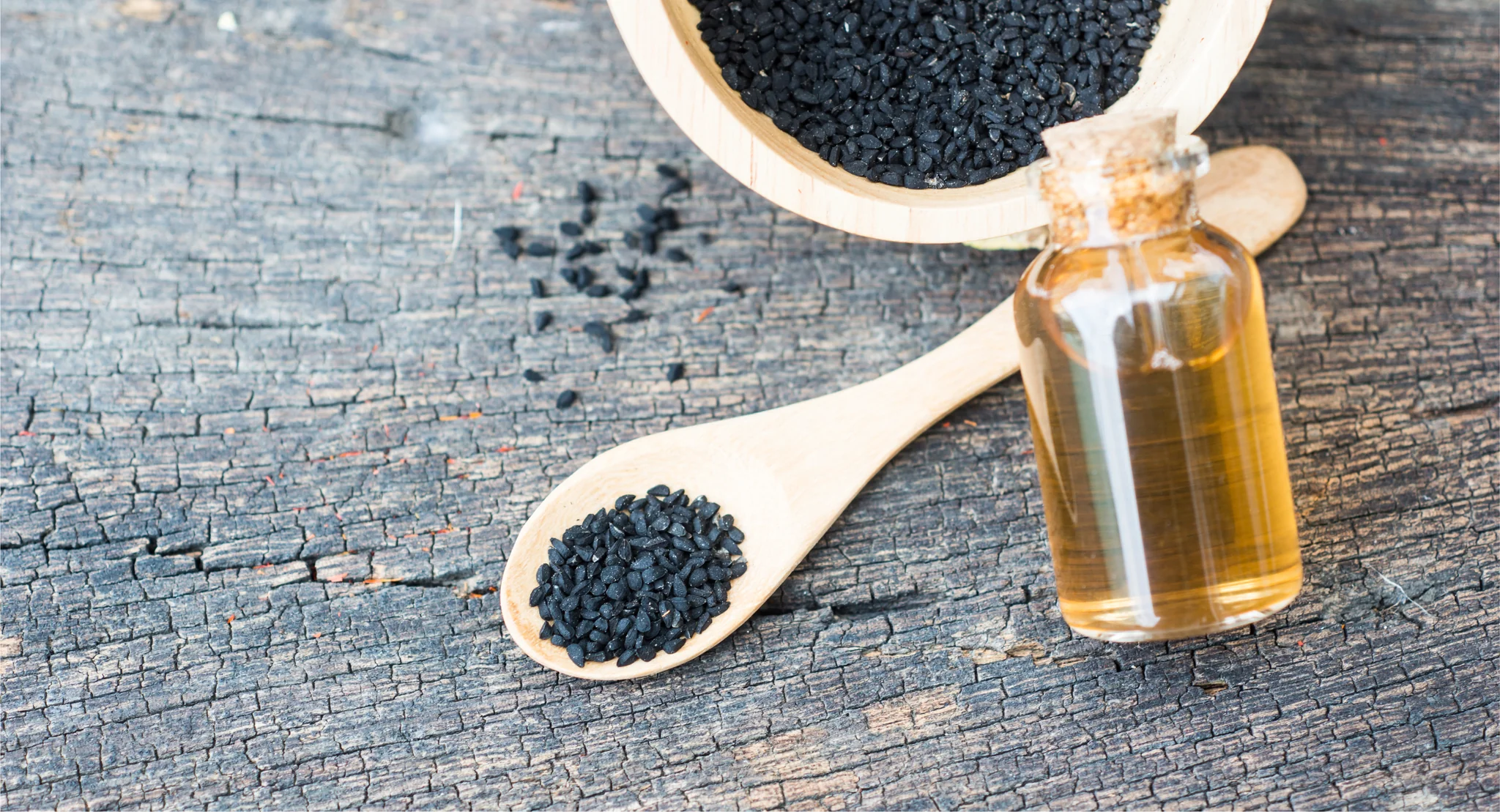Black seed oil (Nigella sativa, or black cumin) contains an anti-inflammatory compound called thymoquinone. It can offer a range of benefits, including heart health support and healthy skin and hair.
However, it can also cause a severe allergic reaction in some people. Before taking this ingredient, talk to a doctor to make sure it’s safe for you.
Anti-inflammatory
Black seed oil is a great anti-inflammatory and has been shown to help with conditions like asthma. It’s also believed to have skin-boosting properties (which explains why legend has it that Cleopatra used it on her face).
One study found that people with mild to moderate asthma who took black seed oil saw a decrease in their symptoms. However, more clinical trials are needed.
Another benefit of black seed oil is that it has been shown to lower blood pressure and cholesterol. It’s also been proven to reduce the risk of metabolic syndrome.
Anti-microbial
Black seed oil contains thymoquinone, which has antibacterial, antioxidant, anti-inflammatory and anticancer properties. It also helps protect the liver and kidneys. It also has anti-spasmodic and bronchodilator effects.
It can inhibit the growth of bacterial strains that cause infections, including MRSA, which is resistant to antibiotics. The thymoquinone in black seed oil can also help lubricate the gums, helping to relieve dry mouth symptoms.
In addition, it can reduce the amount of gas in the stomach. This can be especially helpful for people who have gastrointestinal problems like acid reflux, which is often caused by H. pylori bacteria.
Anti-cancer
Black seed oil, also known as nigella sativa oil, has anti-cancer properties and may help reduce the spread of cancer cells. Thymoquinone, an active compound found in nigella sativa seeds, has been shown to reduce the growth of tumors in animal studies.
Research has also shown that thymoquinone has anti-inflammatory, antiviral, and anticancer properties. These properties can help treat a variety of conditions, including rheumatoid arthritis and other inflammatory diseases.
If you’re interested in trying black seed oil, choose a high-quality product that is 100 percent pure and therapeutic-grade. Always check the label and look for a third-party test to ensure safety and efficacy.
Anti-aging
Many people spend a lot of money on products and procedures that claim to make their skin look younger. However, these do not come without their own set of side effects. Black seed oil can help you avoid the risks of premature aging by reducing oxidative stress and increasing the production of antioxidants.
It also helps reduce the symptoms of rheumatoid arthritis, including joint pain and swelling. But it is important to choose a high-quality, therapeutic-grade product that has been tested for quality.
Black seed oil can also cause a severe allergic reaction in some people, and its component thymoquinone may inhibit certain drug-metabolizing enzymes. So, it is best to use black seed oil in combination with a well-rounded diet and healthy lifestyle.
Blood pressure lowering
Black seed oil’s most active ingredient, thymoquinone, has anti-inflammatory and antioxidant properties, as well as liver- and kidney-protective abilities. It also may help ease skin conditions like psoriasis, eczema and vitiligo.
Black seed extract may improve insulin and blood sugar levels in people with metabolic syndrome. It can also reduce “bad” low-density lipoprotein cholesterol and triglycerides, according to some studies.
Black seed is safe in small amounts as a food, but it’s not recommended during pregnancy or breastfeeding. Talk to your doctor for dosing recommendations. It may interact with certain medications, such as beta-blockers.
Infertility treatment
The oil’s thymoquinone can boost sperm count, motility and semen volume. This makes black seed oil a potential fertility treatment for men with low sperm count or abnormal sperm.
Research suggests that it can also improve liver function and reduce high blood pressure. However, you should always consult a doctor before starting any supplements. In addition, it’s best to choose 100 percent pure therapeutic-grade and USDA certified organic black seed oil.
Infertility treatments are expensive, and their availability is often limited by coverage from private insurance and Medicaid. Across the country, many people struggle to afford these services.
Acne reducing
Black seed oil has anti-microbial properties that can help reduce acne, an inflammatory skin condition. It also helps to improve the appearance of scars and reduce oxidative stress.
In one study, applying a black seed oil ointment to the skin twice daily for 60 days reduced the number and size of acne lesions. In addition, it reduced the redness and itchiness of psoriasis and eczema.
Ingesting black seed oil can also boost collagen production and increase the elasticity of the skin, which gives it a youthful glow. Try adding it to a base of organic shea butter, daikon radish seed extract, Oregon grown hazelnut oil, and olive oil squalane for a super nourishing, non-greasy body butter!



